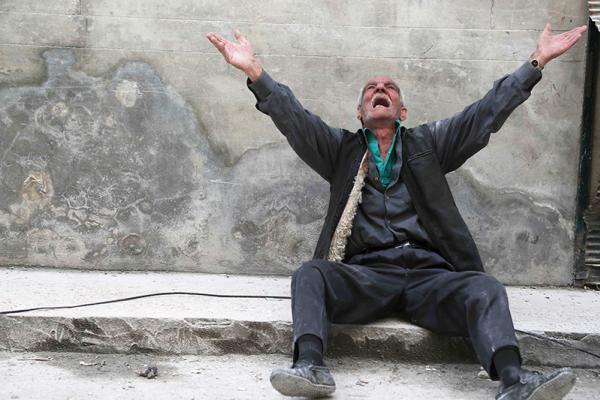Apr 29, 2015
Just a few decades ago, Aleppo was home to about 170,000 Catholics, about a third of the city’s population. Since the war broke out, Jeanbart has seen a third of his flock reduced by death, dislocation, and emigration while Aleppo’s Muslim population has soared.
The threat of annihilation is constant, as Aleppo has become the main battleground between the government forces of President Bashar Assad and a motley assortment of rebels who include growing numbers of fighters affiliated with the fundamentalist terrorism of the Islamic State group.
Read the Full Article

Already a subscriber? Login
